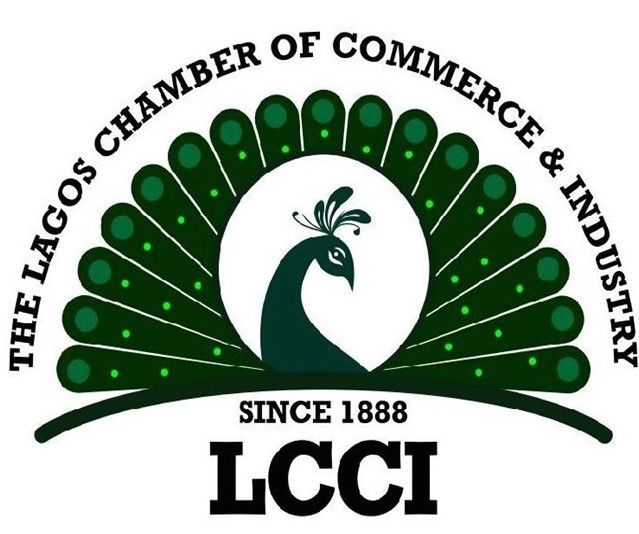President of the Lagos Chamber of Commerce and Industry (LCCI), Mr. Gabriel Idahosa, has hinted that the world faces the risk of fresh global health risk over the decision of President Donald Trump of the United States of America (USA) to order a global freeze on most US foreign aid as part of his “America First” policy.
The decision affects agencies such as the United States Agency for International Development (USAID), US Center for Disease Control (CDC).
Also, the LCCI has warned that the decision could also cause severe challenges on global economy as it would likely drag global Gross Domestic Product (GDP) into recession in 2025 if US government did not back down from its isolationism policy.
Idahosa who made this known to Saturday New Telegraph in an exclusive interview in Lagos stated that the action could also trigger profound economic challenges to the globe over the US and China trade war, coupled with the Trump’s retaliatory tariffs slammed on Europe, Asia, Africa, North America and other countries in the world.
He explained that the Trump administration is planning to cut $1 trillion from the U.S. deficit next year in his move about cutting U.S. expenses and fraud, specifically the USAID’s assistance on food, health, water, sanitation, and hygiene (WASH) have been stopped.
Similarly, the LCCI president said: “There is no direct lexus between a health epidemic and these tariffs saga ongoing. But there could be indirect in the sense that some of the research agencies around the world that were financed by USAID and US Center for Disease Control have been cut-off.
“So it is from that perspective that we can say that there is a risk of epidemic emerging. For example, here in Nigeria, many of the programmes for HIV and AIDS support funds have been cut-off and also, cut-off around the world. Many investments and likeable projects for water sanitation have been cut-off.
“So, yes, you are right in looking at the consequences on health of these tariffs. There are going to be consequences. But is it likely to lead to a COVID type epidemic that is suspected to have arose from a lab somewhere in the world. Well we don’t expect a mistake in the lab because of Donald Trump’s tariffs.
“So we don’t have direct effects. But the general risk of lower capacity for research and funding of preventable health issues you are definitely right because of the Trump’s administration to canceled them and WHO has already said that that the departure of the US from WHO mean that a certain per cent of about 15 per cent has gone so they are down to 75 per cent or 80 per cent of their budget, so what can it do for the world for health. Yes, you are right to look at that but it is very very indirect is not that another COVID would show up because of these tariffs misunderstanding.”
According to him, USAID is the world’s largest single donor. In fiscal year 2023, the U.S. disbursed $72 billion of assistance worldwide on everything from women’s health in conflict zones to access to clean water, HIV/AIDS treatments, energy security and anti-corruption work. It provided 42 per cent of all humanitarian aid tracked by the United Nations in 2024.
Speaking on Trump’s tariff regime on Nigeria, Idahosa said, “With Trump’s tariffs threatening Nigeria’s N323.96 billion (in 2024) non-oil, non-energy exports to the U.S., we believe a strategic, measured, and proactive response from the Nigerian government is imperative. “We recommend that the government intensify diplomatic efforts through our relevant ministries to seek clarity on the rationale for the tariffs and explore pathways for reversal or renegotiation with respect to Nigeria’s ban on 25 import items from the U.S.A.”
The LCCI president added, “Nigeria can lead the conversations around the Africa Growth and Opportunity Act (AGOA) and other multilateral platforms to sustain the opportunities.
“Nigeria must reduce overdependence on a few trade partners by expanding bilateral trade agreements with emerging economies in Asia, Latin America, and Africa. Intra-African trade under the AfCFTA (African Continental Free Trade Area) should be aggressively promoted.”














